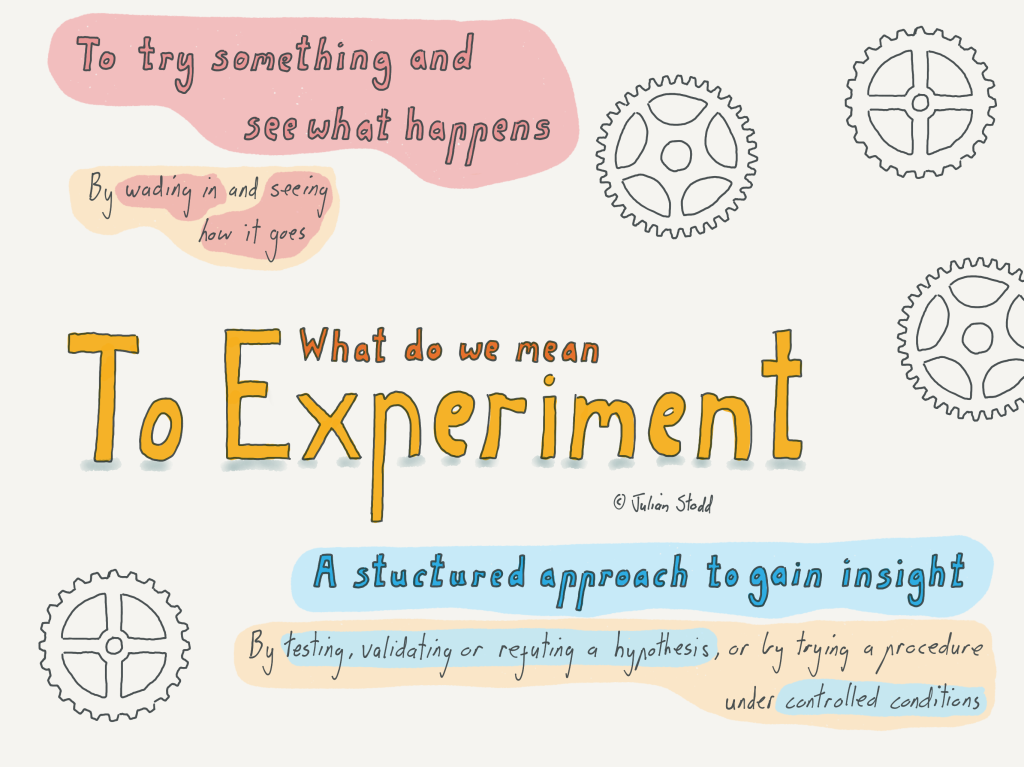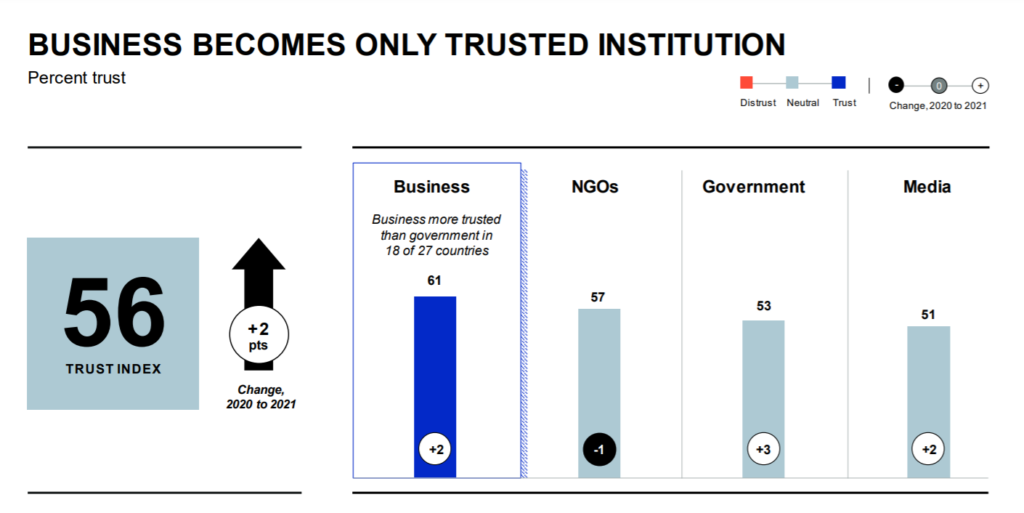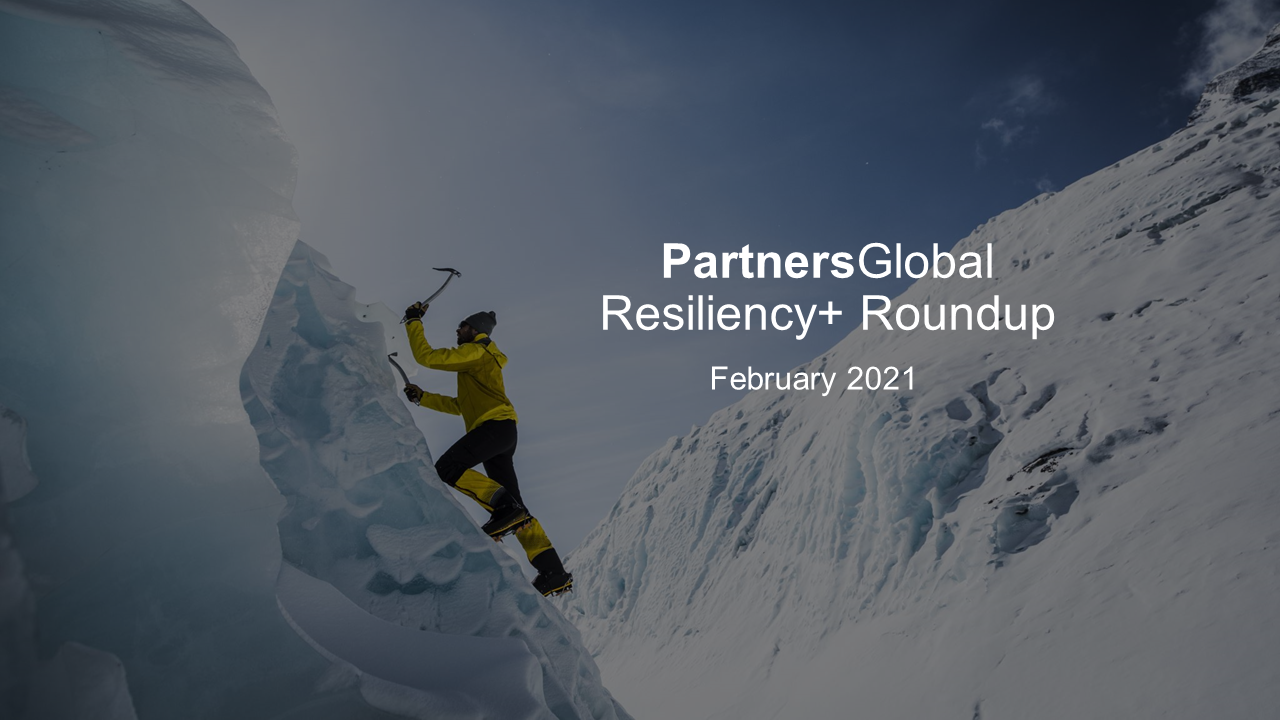PartnersGlobal Resiliency+ Roundup – February 2021
February 24, 2021
In the coming weeks, we’re approaching a full year of living and working in a pandemic. Yet we are also, at last, able to glimpse the beginnings of a post-pandemic world. While we can’t expect a return to normal per se, we can expect things to continue changing. There will be new systems and ways of operating that emerge in the next several months and, later, in a post-pandemic world. Right now, our organizations should be cultivating the resiliency to adapt to those shifts and thrive in the months and years ahead.
We’ve pulled together some of the resiliency resources and tools we are finding inspirational and useful. They are organized by the seven factors of civil society resiliency in the PartnersGlobal Resiliency+ Framework.
We have also pulled 5 top resiliency tweets for a quick way to plug into the resiliency conversation. Check those out below!
5 Top Resiliency Tweets
- Becoming a resilient organization is all about long-term thinking and planning for the unknown. This is why we love the @LongTimeProject and the tools they provide.
Our Long Time Tools contain a series of different tools for you to test out at work. We invite you to try using some of them over the next few months.
Share your feedback via the form below or [email protected]
📧https://t.co/RSUuAJ2BnE pic.twitter.com/T1F83jZ9nW
— The Long Time Project (@LongTimeProject) February 5, 2021
2. We have to be able to effectively communicate around our causes to create change and build trust. @CauseComm shares some tips for honing organizational communications, including a practical and easy-to-digest toolkit.
1/ Gathering feedback is critical to ensuring your strategy is relevant – and builds trust among your stakeholders. pic.twitter.com/HZBwUhhorr
— Cause Communications (@CauseComm) January 29, 2021
3. Building consensus is tough. We get that! But it’s a critical skill for creating connection, strengthening legitimacy, and bolstering resiliency. @Drawing_change makes consensus building simple with these fun visuals.
Why strengthen your consensus skills? Better communication! Especially when you want a win-win.
Some favourite #facilitation resources with visuals 🧵: pic.twitter.com/tphyXr9fvZ
— Sam Bradd (@drawing_change) February 1, 2021
4. How does grief, which is so prevalent right now, impact our work and our narratives? Check out the replies to @ellen_koneck’s post.
what’s the best thing you’ve read on grief, trauma, ritual, and/or community? I’m interested in all genres (essays, poetry, social sciences, how-to’s — anything.)
— Ellen B. Koneck (@ellen_koneck) February 3, 2021
5. @TIME has launched a new project to find ways we can collectively build a healthier, more resilient, and just world. Check out the latest on this exciting project!
TIME 2030 is a new project focusing on how we build a healthier, more resilient and just world.
Our editorial staff will be guided by a committee of leaders, including Angelina Jolie, Christian Siriano and TIME’s 2020 Kid of the Year Gitanjali Rao https://t.co/VJZuAXRKNV
— TIME (@TIME) February 4, 2021
Resiliency Resources by Factor
Business Acumen
Last year presented an array of challenges for civil society from the pandemic to new threats on democracy. Check out the 2020 edition of the Civil Society Organization Sustainability Index for information on the strength and viability of the civil society sector in 71 countries worldwide.
In this piece Does progress play a role in public support?, Molly Anders explore the aid sector’s “over-reliance on pity-based tactics” to raise funds and urges us to think about whether highlighting progress on complex issues like global poverty, as well as the efficacy of aid, could actually help the sector win more support.
Learn more about the Business Acumen factor in the Resiliency+ Framework here.
Situational Awareness
In a post-COVID-19 world, we can undoubtedly expect more disruption to “business as usual” and likely more political turbulence. However, according to Adil Najam, we can also anticipate exciting new possibilities. In this piece from Fast Company, Najam shares insights from “99 big thinkers” on their predictions for what to expect after the pandemic.
As we approach one full year of COVID-19, threats and restrictions on civic space continue to increase. Read this COVID-19 And Civil Society Report from the American Friends Service Committee for insights on restrictions that could limit civic space in the long term and how civil society can respond.
This recent publication from The New Humanitarian highlights ten humanitarian crises and trends to watch in 2021, ranging from increasing food insecurity to faltering peace deals.
Learn more about the Situational Awareness factor in the Resiliency+ Framework here.
Engaging the Narrative
In 10 Website Design Best Practices for Nonprofits, Heather Mansfield postulates that websites are the foundation upon which digital communication and fundraising campaigns are built. They are essential tools in narrative change. Mansfield goes on to share website design best practices specifically for nonprofit organizations.
Check out these video replays from the ComNetwork featuring prominent authors, storytellers, social justice advocates, and communicators discussing topics ranging from community practice post-COVID to the innovative communications research and brain science driving the success of the marriage equality movement.
Learn more about the Engaging Narratives factor in the Resiliency+ Framework here.
Adaptive Capacity
Adaptive capacity is key to a business’s survival, but what if the ability to adapt is resting in part on your leadership? In a recent NPR podcast, How I Built This with Guy Raz, Morra Aarons-Mele, founder of Women Online, shares how her communications agency pivoted after losing one third of its business and how entrepreneurs like her can be effective leaders amid stress and uncertainty.
Learning is critical to knowing when and how to adapt. In What Does It Mean to Experiment, Julian Stodd explores how an organization can practice learning and curiosity and why that makes it stronger. Stodd shares four practical and innovative examples of how “experimental organization” may look.

Learn more about the Adaptive Capacity factor in the Resiliency+ Framework here.
Connectedness
Civil society plays a critical role in upholding democracy and is closely connected to many diverse constituencies. In his recent blogpost, Dan Cardinali writes that nonprofits have an important role to play in strengthening US democracy and provides examples on how nonprofits can continue building trust and participation by working with people on issues they care about.
Forming and maintaining networks is an important element of connectedness. Learn about community and belongingness from researcher and author Ted Fickes in this piece Five questions to ask about membership. Fickes argues the necessity of membership groups continually visiting and redefining their “why.”
As a form of networks, communities of practiceare uniquely positioned to build resilient societies. Corina Angheloiu, a design strategist, researcher, and facilitator, recently sat down with the Participate podcastto discuss her research on communities of practice and systemic change.
Learn more about the Connectedness factor in the Resiliency+ Framework here.
Legitimacy
According to the recently released 2021 Edelman Trust Barometer, “the global pandemic, the economic crisis, and our national racial reckoning of 2020 have deeply impacted the trust individuals have in all of our institutions and sectors.” Read more as Kristina Gawrgy Campbell shares four important takeaways for nonprofit and philanthropic leaders looking to build back trust.

In How bi3 is Building On, and Building In, Trust, Jill Miller urges funders to take on a different approach to addressing and solving communities’ long-term problems. She explains how bi3, a dedicated grantmaking initiative to transform health in Greater Cincinnati, has built its whole approach around trust. This trust-based model has made the organization a more effective funder and led to greater progress in transforming health for the people of Cincinnati.
While we don’t know the full effects of COVID-19 on civil society yet, we can be certain our sector will emerge from this pandemic looking very different. Check out this piece from Carnegie Europefor more on COVID’s role as a catalyst for global civil society, its strain on governments, and the way it is changing the relationship between states and societies.
Learn more about the Legitimacy factor in the Resiliency+ Framework here.
Resiliency Ethos
Gwendolyn Zoharah Simmons, scholar, and member of the National Council of Elders, sits down for a talk with Lucas Johnson in a podcast episode on Exhaustion and Rest, Spiritual Practice, and the Necessity of Loving Community. Simmons draws on her work as an activist in the Student Nonviolent Coordinating Committee and what she has learned over the years regarding spiritual practice and community and deep social healing.
We have all adapted to virtual learning and exchange in the last year, but what could we still be missing in how we use these platforms? What lessons have we learned? Nicole Barling Luke shares important insights in this new piece entitled Online learning – what we’ve learnt so far.
In his new book Think Again: The Power of Knowing What You Don’t Know, Adam Grant draws on research and storytelling to “help us build the intellectual and emotional muscle we need to stay curious enough about the world to actually change it.” Tune in to this conversation with Adam and Brene Brown for more insights into his new book.
Learn more about the Resiliency Ethos factor in the Resiliency+ Framework here.
